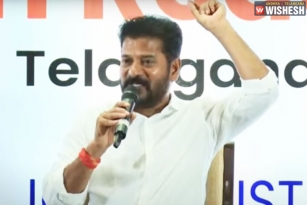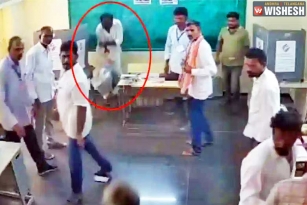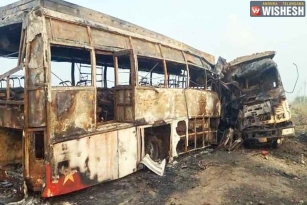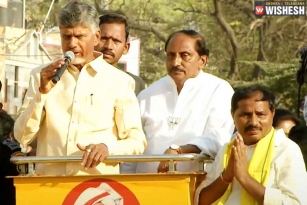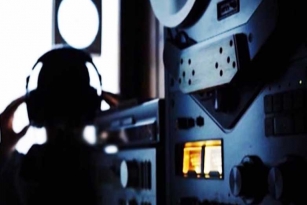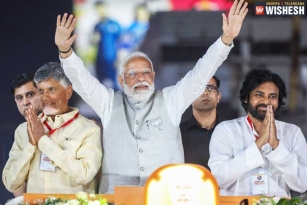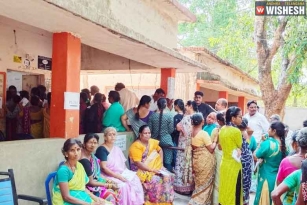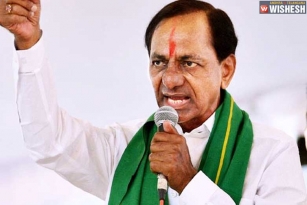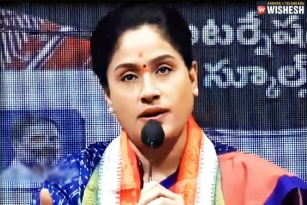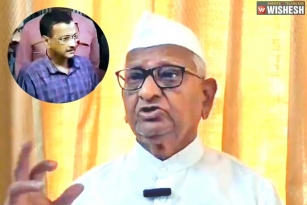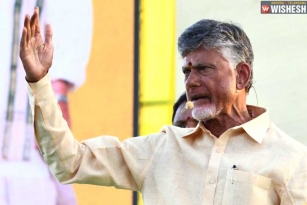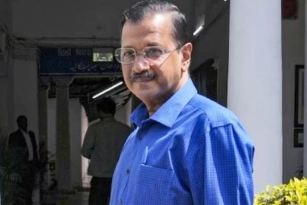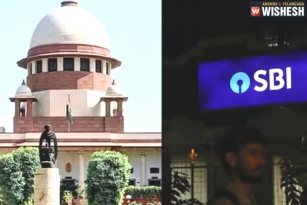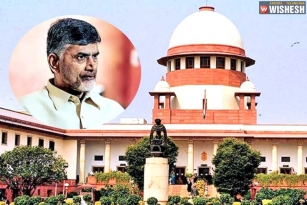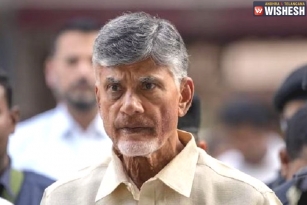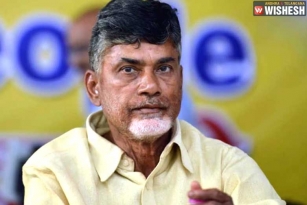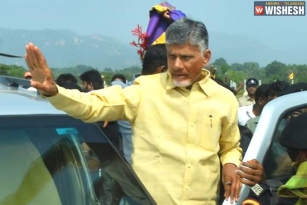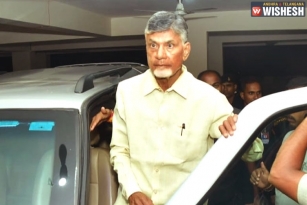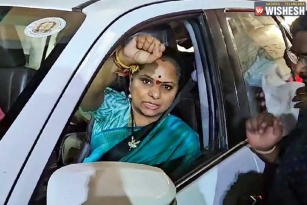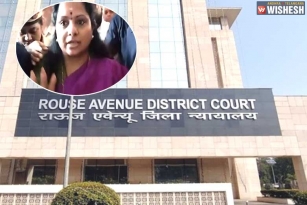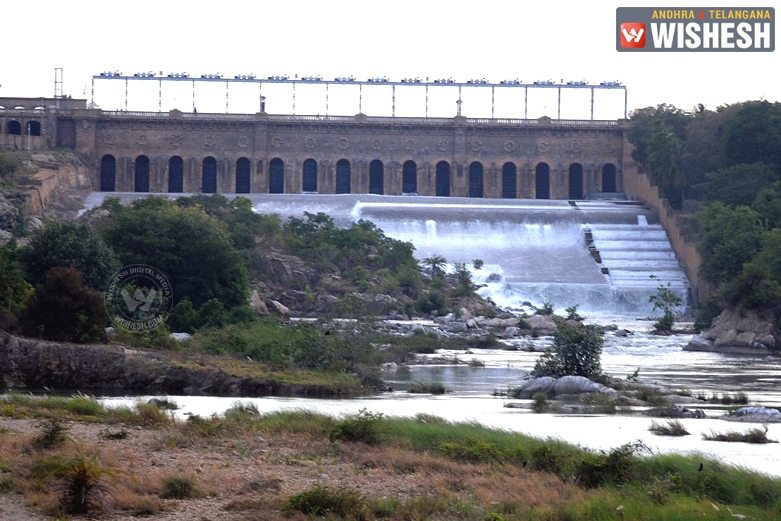
The Karnataka Government has decided not to release any more Cauvery water to Tamil Nadu, despite a Supreme Court order directing it to do.
The Supreme Court bench headed by Justice Dipak Misra, directed that, all interim orders of releasing 2,000 cusec of water every day should be followed by Karnataka. This will continue to be in force until further orders.
The Karnataka state is already suffering from severe drought. The water level in the State's major water reservoirs is 37% cent less than the normal capacity.
If the rain deficit increases in the coming months, the State government will be forced to use the dead storage from these dams, said the government.
Karnataka's Water Resources Minister MB Patil, said that it would not be able to go with the court orders.
"Where do we release 2000 cusec water from? Let me make it very clear, we have 3-4 TMC shortage to cater to the drinking water needs of Bengaluru, Mysuru & other towns and villages," Mr Patil said.
The Minister added that it will not be a case of contempt of court, as there was no water to release. “It would be contempt if we had water and then said we will not release,” he added.
Cusec (cubic feet per second), measures the flow of water. One TMC, or thousand million cubic water, comes to about 11,000 cusec a day, generally.
This is the second time in a year that the Karnataka State is defying the top court.
According to the Central Water Commission in Delhi, the water level crisis is much deeper in Tamil Nadu; its reservoirs are 80% deficient.
In October, the Karnataka government, refused to release water to Tamil Nadu in compliance with the Supreme Court directive.
The court has ordered to release 6000 cusec of water for 6 days.
But the State government stepped back after the court rebuked the authorities and therefore, the State's legal team advised the executive not to try their luck.
The Supreme Court fixed the final hearing of appeals of the Cauvery Water Dispute Tribunal (CWDT) on July 11.
Tamil Nadu, Karnataka, and Kerala States filed the appeals against the Dispute Tribunal.
By Supraja


